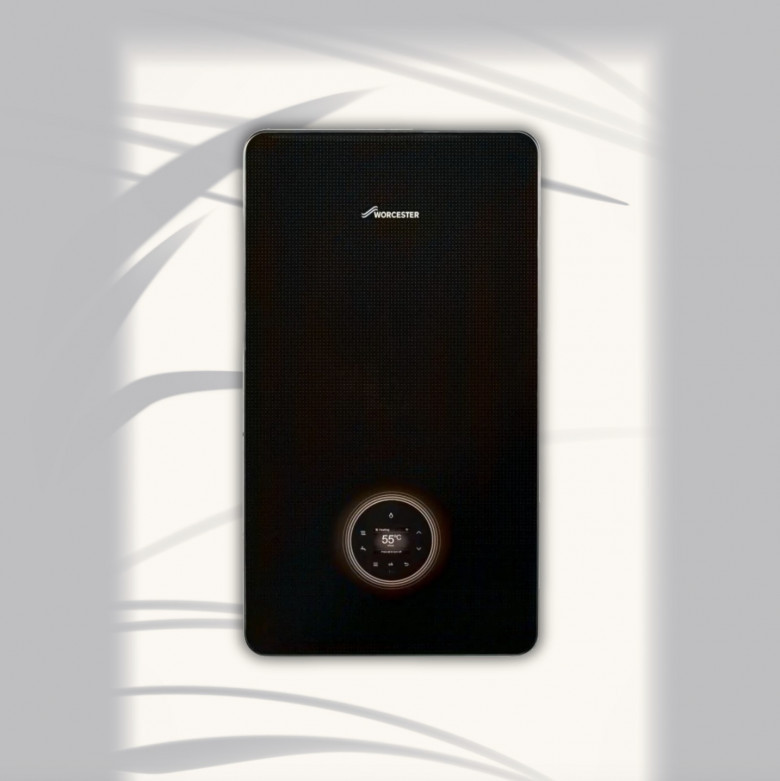views
How to Maximize Energy Efficiency with Your New Boiler System
1. Understand Your Boiler Type
Before optimizing your boiler, it's essential to understand what type you have. The most common types include:
-
Combi (Combination) Boilers: Provide both heating and hot water without the need for a separate tank.
-
System Boilers: Require a cylinder for storing hot water but no water tank.
-
Conventional Boilers: Use both a cylinder and a water tank, suitable for homes with higher water usage.
Each boiler type has different efficiency potentials and operational requirements. Knowing the specifics of your model allows you to tailor your energy-saving strategies accordingly.
2. Get the Right Size Boiler
Boiler size is a critical factor in energy efficiency. An oversized boiler will cycle on and off too frequently, wasting energy. An undersized boiler may struggle to meet your household’s heating needs, reducing comfort and performance.
When replacing or installing a new boiler, ensure a professional conducts a heat loss calculation for your home. This calculation considers insulation, window types, room dimensions, and occupancy levels to recommend the most suitable boiler size.
3. Optimize Thermostat Settings
An efficient boiler system still depends on how it’s controlled. Proper thermostat management can significantly reduce your energy consumption. Some tips include:
-
Set your thermostat to the lowest comfortable temperature. Usually, 18–21°C is sufficient for most households.
-
Use programmable thermostats or smart heating controls. These allow you to schedule heating only when needed and avoid unnecessary heating when the home is empty.
-
Use thermostatic radiator valves (TRVs). These allow individual control over radiators in different rooms, preventing energy waste in unused spaces.
4. Regular Maintenance and Servicing
Like any mechanical system, boilers require routine maintenance to operate at peak efficiency.
-
Annual servicing by a certified professional helps detect and resolve issues before they affect performance.
-
Bleed your radiators regularly to remove trapped air and allow hot water to circulate freely.
-
Check for leaks and pressure drops. A consistent drop in pressure may indicate a fault or leak, reducing system efficiency.
A well-maintained boiler can last longer and maintain higher efficiency throughout its service life.
5. Improve Your Home’s Insulation
Even the most energy-efficient boiler cannot perform well if heat is constantly escaping from your home. Insulation plays a vital role in minimizing heat loss and enhancing the effectiveness of your heating system.
-
Loft Insulation: Prevents heat from escaping through the roof.
-
Cavity Wall Insulation: Fills the gaps between walls, reducing heat loss.
-
Draught Proofing: Sealing gaps around windows, doors, and floors can prevent cold air from entering and warm air from escaping.
Improving insulation reduces the workload on your boiler, lowering energy consumption and running costs.
6. Use the Boiler Timer Function
Most boilers come with a built-in timer or can be connected to a smart control system. Using timers strategically can reduce unnecessary heating.
-
Heat only when necessary. For instance, set the heating to come on just before you wake up and turn off after you’ve left for work.
-
Avoid leaving the heating on 24/7. Even on low, continuous heating consumes more energy than needed.
Timers combined with zone heating controls are among the most effective tools for energy management.
7. Balance Your Radiators
If some rooms in your home are too hot while others remain cold, your radiators may be unbalanced. This means the heat is not being distributed evenly.
-
Balancing radiators involves adjusting the valves so each radiator receives an appropriate share of hot water.
-
A balanced system allows the boiler to run more efficiently and maintains even temperatures throughout the home.
This task can be done manually or with the help of a heating engineer.
8. Lower the Boiler Flow Temperature
The boiler flow temperature is the temperature at which water leaves the boiler and circulates through the radiators. Many boilers default to a high setting (around 80°C), which may not be necessary for modern, well-insulated homes.
Lowering the flow temperature to around 60°C can reduce energy use and improve condensing efficiency (for condensing boilers). This helps the boiler recover more heat from exhaust gases, thus improving performance.
Do note that in colder months, you might need to adjust the temperature upward slightly to maintain comfort.
9. Avoid Heating Unused Spaces
If parts of your home are rarely used, there's no need to keep them heated at the same level as frequently occupied areas. This can be managed by:
-
Turning down TRVs in unused rooms
-
Closing doors to contain heat in commonly used areas
-
Using draft excluders to reduce heat loss through door gaps
This targeted heating approach helps your boiler operate efficiently without overextending.
10. Upgrade to Smart Controls
Smart heating systems can enhance your control over the boiler, learn your habits, and adjust heating schedules automatically. Features may include:
-
Remote control via smartphone apps
-
Geofencing (turning heating off when you're out)
-
Learning algorithms to optimise usage patterns
Even if you start with basic programmable thermostats, upgrading to smart controls can further cut down on waste and improve overall efficiency.
11. Monitor Your Energy Usage
Keeping an eye on your heating habits and energy consumption helps identify inefficiencies. Smart meters or energy monitoring devices can:
-
Show real-time energy use
-
Help track savings from energy-efficient habits
-
Highlight sudden changes that could indicate system issues
Awareness is often the first step toward making more informed energy decisions.Conclusion
A new boiler system is only the beginning of your journey toward a more energy-efficient home. By understanding your system, using it intelligently, and maintaining both the boiler and the home itself, you can significantly reduce your energy consumption and costs.
The key to long-term efficiency lies in a combination of modern technology, routine maintenance, thoughtful usage, and well-insulated surroundings. By following these best practices, you not only maximize your boiler’s performance but also contribute to a more sustainable and comfortable living environment.




Comments
0 comment